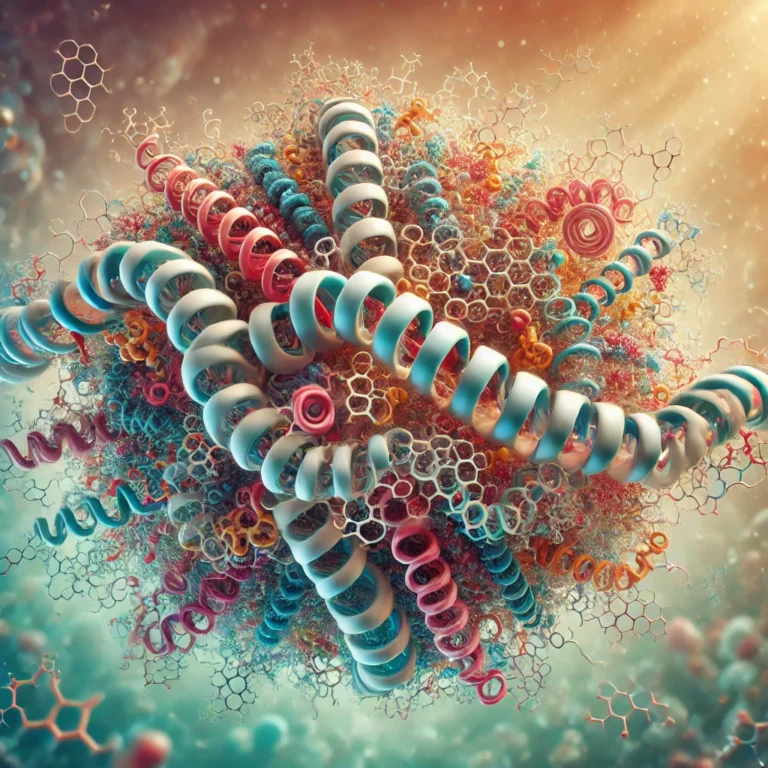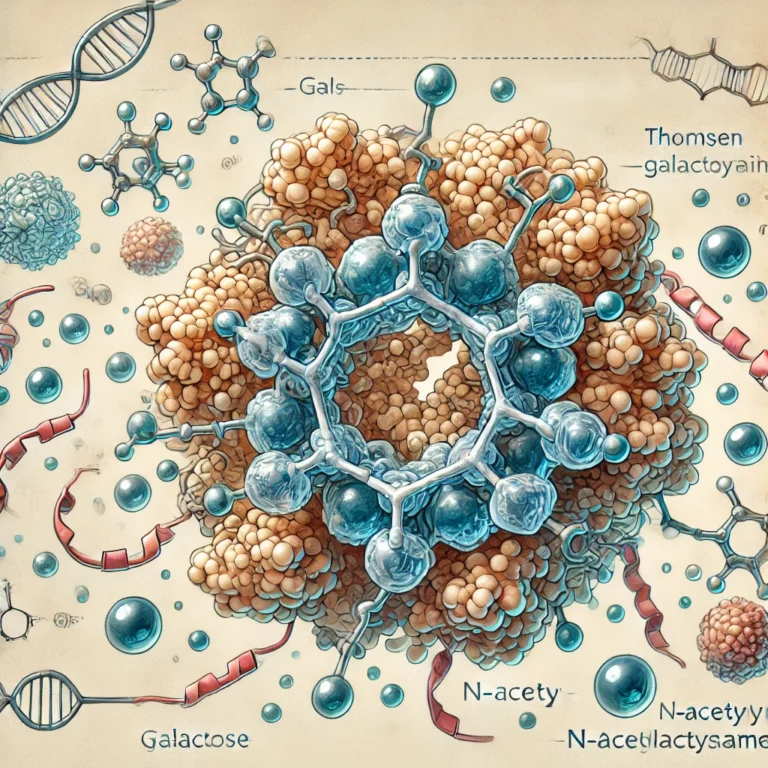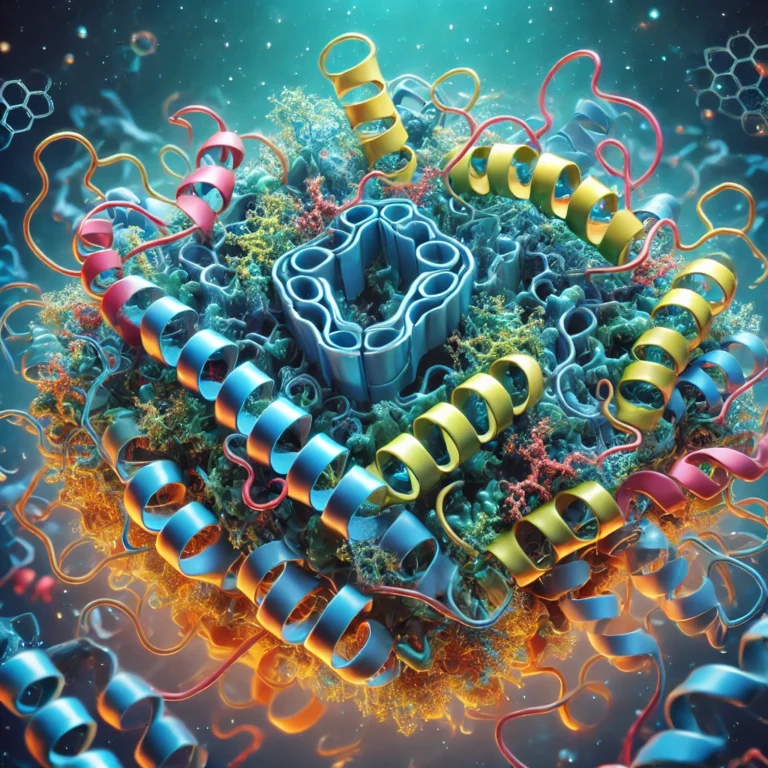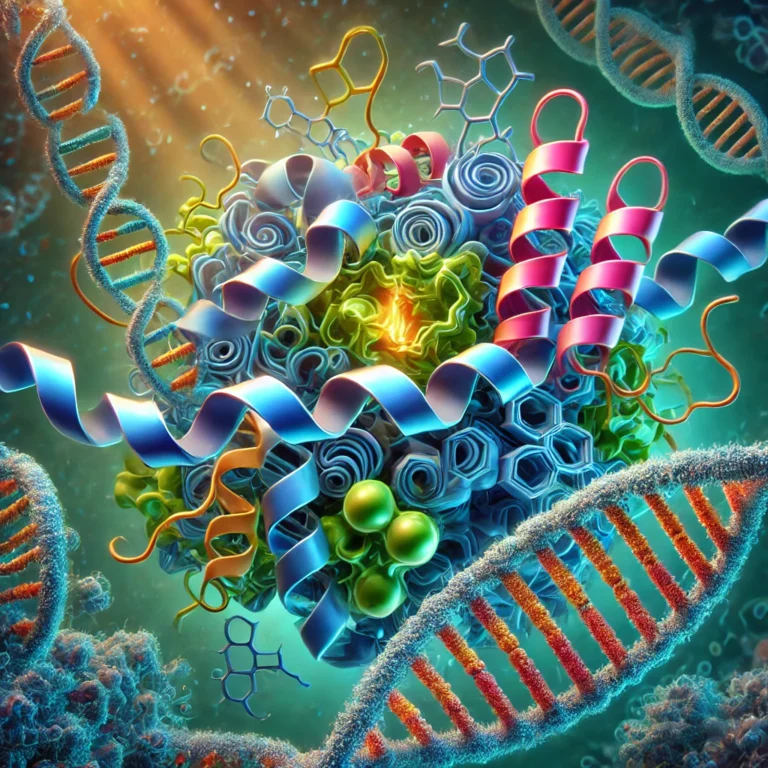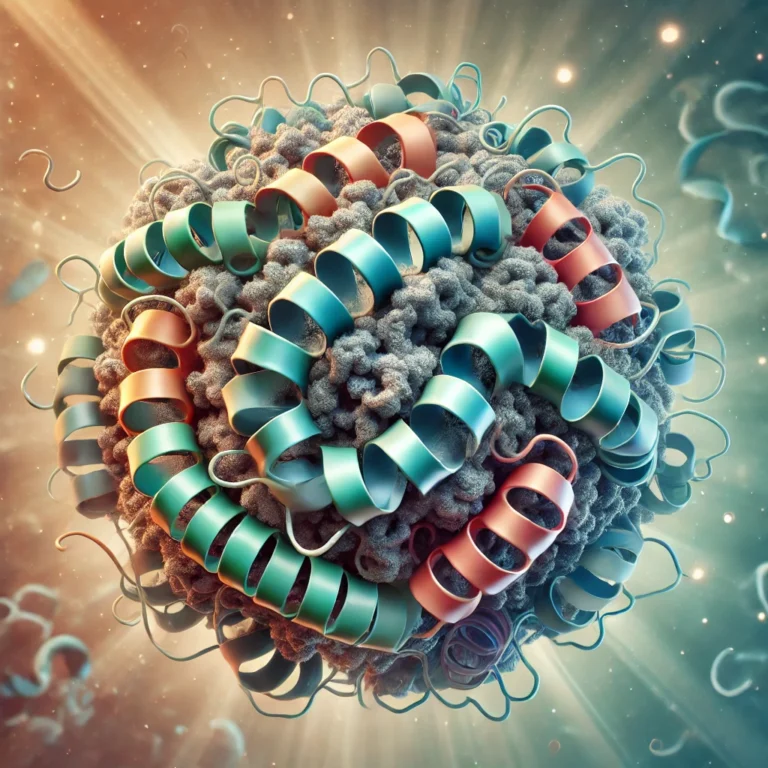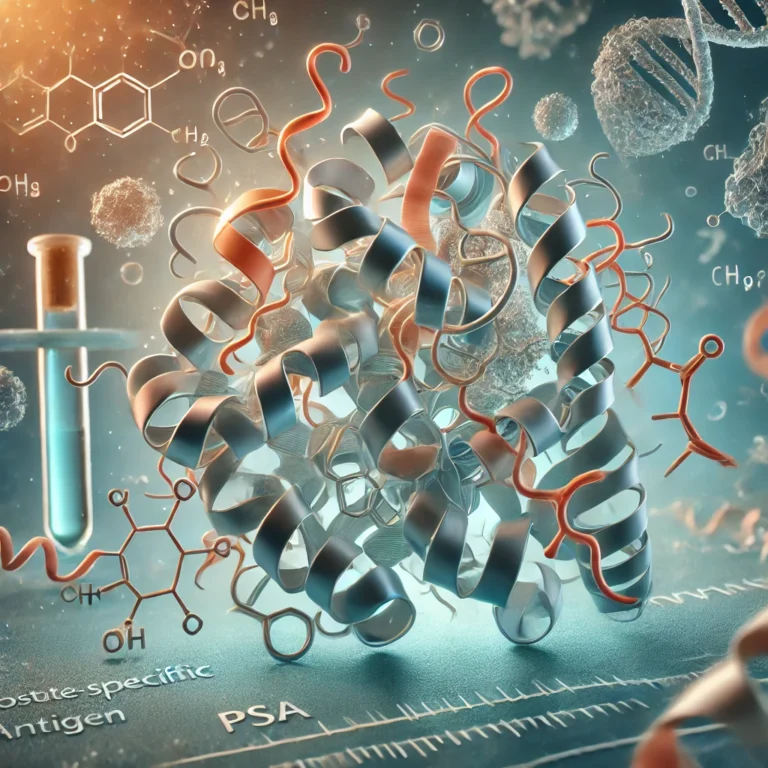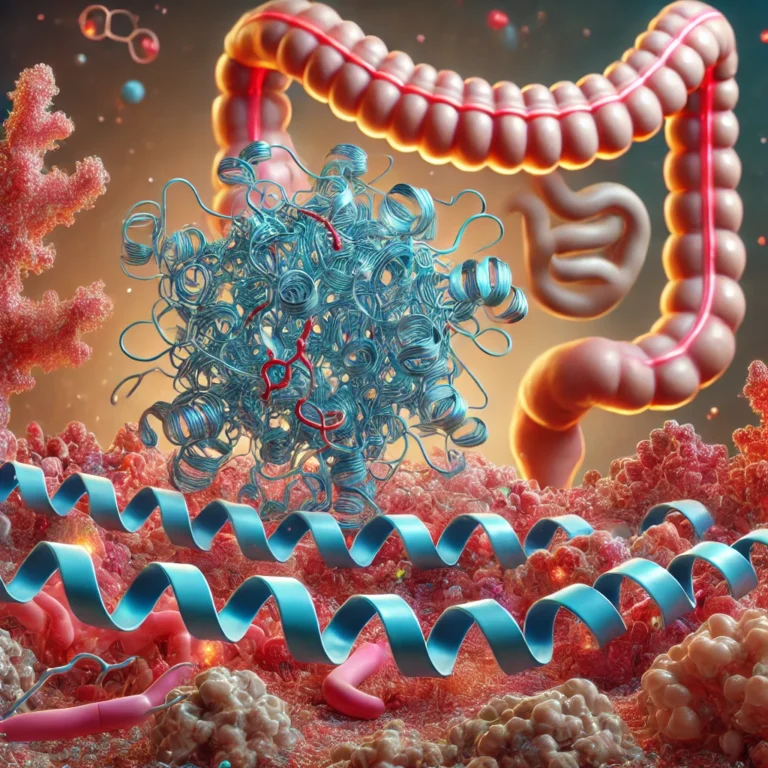Carbohydrate antigen 72-4 (CA72-4)
Carbohydrate antigen 72-4 (CA72-4) is a tumor-associated glycoprotein frequently studied as a biomarker for cancer, particularly gastric and gynecological malignancies. Here’s a detailed overview based on current research: Overview and Diagnostic Role Prognostic and Monitoring Value Detection Technologies Age and Gender Effects Therapeutic Potential Conclusion CA72-4 is a valuable biomarker for monitoring and prognosis in…

